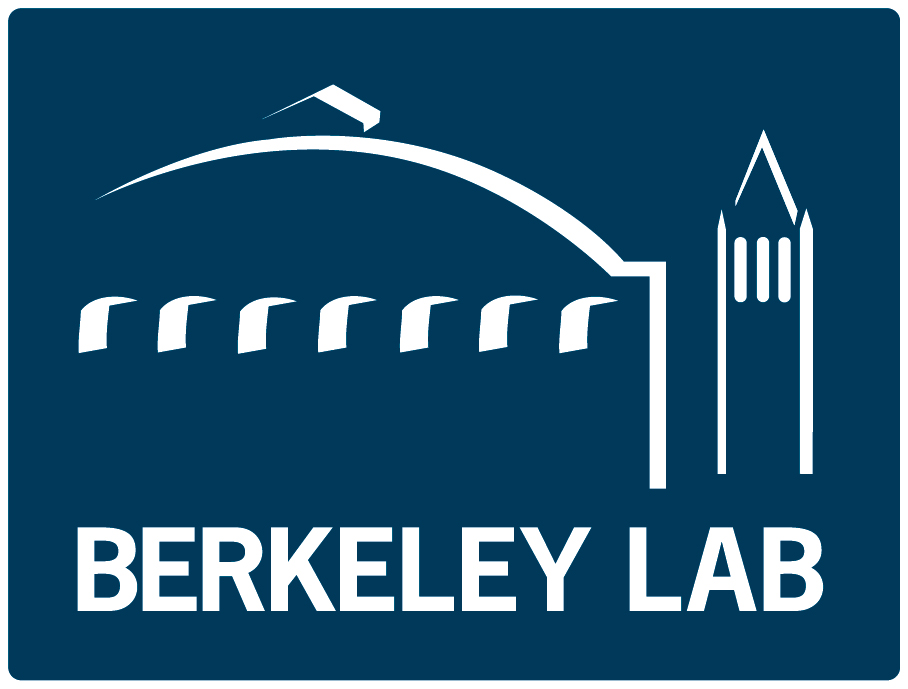APPLICATIONS OF TECHNOLOGY:
- Biofuel production
- Renewable chemicals production
ADVANTAGES:
- Lower operational cost and complexity compared to other biomass conversion approaches
- Reduced energy and water usage compared to other approaches
- Eliminates reagents required for biocompatible ionic liquids
ABSTRACT:
Researchers at Berkeley Lab’s Joint BioEnergy Institute (JBEI) have developed a technology using renewable solvents compatible with both enzymes and microbes to produce renewable fuels and chemicals from cellulosic biomass through a one-pot approach. The use of bio-compatible deep-eutectic solvents (DESs), tested for compatibility and toxicity, for biomass processing eliminates the need for solvent removal after biomass pretreatment. DES can be used to achieve biofuel (e.g., ethanol) production with a theoretical yield of 77.5% based on the initial glucan present in the biomass.
The JBEI technology offers significant advantages over other biomass conversion technologies, which face the relatively high processing cost associated with the complicated process design, challenges with catalyst recycle, and a large amount of water usage. In addition, the recent advent of biocompatible pretreatment solvents enable a consolidated one-pot biomass-to-biofuel conversion process.
Like ionic liquids (ILs), DESs possess such properties as low volatility, wide liquid range, water-compatibility, non-flammability, non-toxicity, and biodegradability. DESs are also much less expensive than most ILs. With the JBEI technology, the DES approach promises to minimize the fixed and operating costs and environmental footprint of biofuel / biochemical production for a more affordable and sustainable biorefinery.
DEVELOPMENT STAGE: Proven principle
STATUS: Patent pending. Available for licensing or collaborative research.
SEE THESE OTHER BERKELEY LAB TECHNOLOGIES IN THIS FIELD:
Synthesis of Renewable Deep Eutectic Solvents from Lignin-Derived Phenolic Compounds 2017-060
